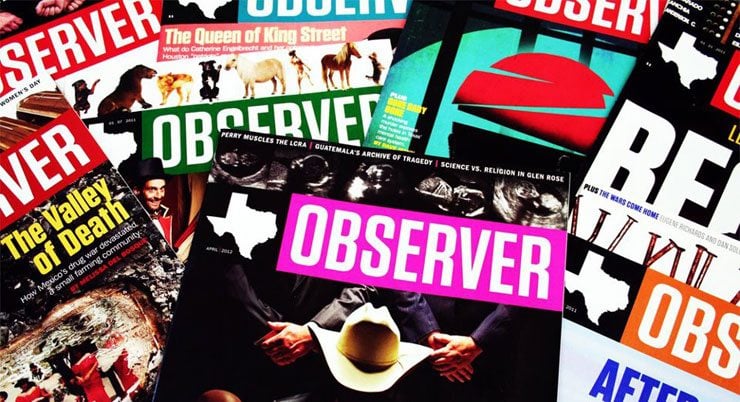The false narrative of ted cruz's win
- Select a language for the TTS:
- UK English Female
- UK English Male
- US English Female
- US English Male
- Australian Female
- Australian Male
- Language selected: (auto detect) - EN

Play all audios:

By the end, David Dewhurst seemed utterly confounded that he was losing so decisively to a political novice like Ted Cruz. “You could argue that there’s not that much difference between the
two of us, other than I’ve done all the things Mr. Cruz says he wants to do,” Dewhurst told reporters five days before the U.S. Senate runoff, when it was becoming clear that Cruz was the
likely winner. He made a similar comment last night during his concession speech. “This is not the way I envisioned this evening would start,” he told supporters, “especially in light of my
conservative record and all the things we’ve accomplished.” And all that is true. There isn’t much ideological difference between Dewhurst and Cruz. Not really. Cruz did run to Dewhurst’s
right by spewing more outlandish statements than the sitting lieutenant governor was willing to, but if you go point-by-point on actual policy, the areas of disagreement are few. I wrote
last night that Cruz’s victory would probably be portrayed as a great tea party win, a victory against the Republican establishment—and sure enough, that’s how the national media is playing
it today. But I don’t buy it. I don’t see any larger political trends behind Cruz’s win. Abby Rapoport—our former colleague—has a terrific piece on the_ American Prospect _site debunking the
national media’s conventional wisdom. Cruz’s win, she writes, had more to do with internal Texas politics and rivalries than the false tea party vs. the establishment meme many pundits are
peddling. (Ted Cruz, the Harvard-educated corporate attorney, may be many things, but anti-establishment he ain’t). I would add an even more basic, fundamental reason for Cruz’s victory. He
was simply the better candidate. I’ve been watching David Dewhurst since 2003 and often wondered to myself how a man this stiff, halting and uncharismatic had risen so high in Texas
politics. Whether he’s giving a prepared speech or simply answering questions in a press gaggle, Dewhurst speaks with all the assurance of a 6th grader trying to master _Hamlet_. His words
are usually bereft of passion, and when he tries to sound passionate, it seems forced. Even his unscripted remarks have the cobblestone cadence of a man reading from prepared text, and he
punctuates his sentences with a tight smile that, rather than connecting with the audience, seeks approval from it. Dewhurst seemed aware of this failing. In his concession speech last
night, he thanked his staff for “trying to make me a better speaker—tough job.” No kidding. Dewhurst’s inability to connect with voters came off as insincerity. And that proved a defining
flaw in the eyes of tea party voters constantly guarding against insincere politicians and so-called RINOs seeking their support. Ted Cruz was charismatic. Ted Cruz sounded sincere. Ted Cruz
was the better salesman. That’s not to say Cruz doesn’t believe what he says. Maybe he does, maybe he doesn’t. It’s tough to judge a politician with no record. We do know how Dewhurst has
acted, and he has a very conservative record: He’s slashed state spending, passed voter ID, passed the sonogram law, and passed a constitutional ban on gay marriage. But that didn’t matter.
How you present yourself and how you come across to voters often matters more in campaigns than the records or the details of policy. Image is paramount. So it was in this runoff. Dewhurst
won his previous elections by beating hapless Texas Democrats in a Republican state; his closest race a 5-point victory over John Sharp in 2002. But in this campaign, Dewhurst’s toughest
yet, his political flaws were exposed. He began the race last year with more money and more name recognition. But Dewhurst squandered those advantages, and when the money and name ID evened
out—as in most races—the more disciplined, more charismatic, more (at least seemingly) genuine candidate won. Simple as that.